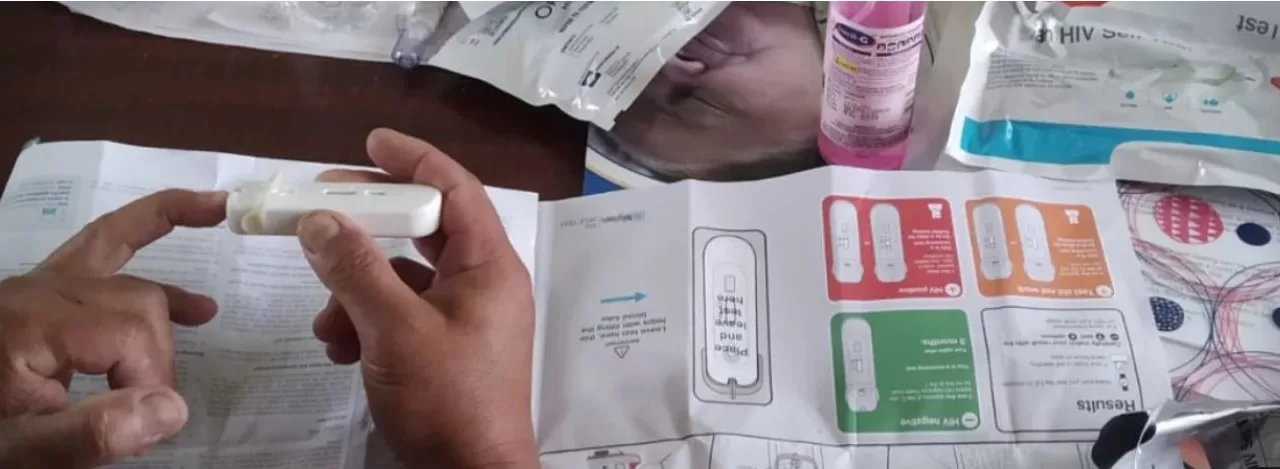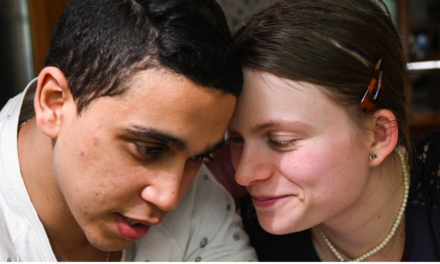The COVID-19 pandemic brought mRNA technology into the spotlight, showcasing its potential to revolutionize vaccine development. Now, researchers are leveraging similar genetic techniques to tackle another formidable foe: human immunodeficiency virus (HIV).
Emmanuel Ho, an associate professor of pharmacy at the University of Waterloo, has spearheaded the development of a groundbreaking nanomedicine loaded with small interfering RNAs (siRNA) to combat HIV using gene therapy. These siRNAs have demonstrated a remarkable ability to regulate gene expression, showing a promising 73 per cent reduction in HIV replication.
“This opens the door for new therapeutics in the fight against HIV,” remarked Dr. Ho, who stands at the forefront of health innovation in Canada alongside his peers.
The novel nanomedicine targets a key biological process known as autophagy, the body’s cellular recycling mechanism crucial for eliminating pathogens like viruses and bacteria. HIV, however, evades this defense mechanism by producing a protein called Nef, which suppresses autophagy activation.
Dr. Ho’s research marks the first attempt to develop a combination nanomedicine capable of reactivating autophagy and impeding HIV entry into cells, effectively empowering the body’s innate defense mechanisms.
Furthermore, the nanomedicine addresses another vulnerability in the HIV lifecycle by targeting the CCR5 gene, which facilitates viral entry into host cells.
Designed for vaginal application to prevent sexual transmission of HIV, the nanomedicine boasts stability in the acidic vaginal environment while releasing siRNAs inside cells.
“Viruses are smart. They produce Nef proteins to prevent autophagy from occurring,” explained Ho. “Our process allows our body to fight the viral infection without needing additional drugs.”
The next phase of research involves optimizing the nanomedicine’s delivery mechanism and delving deeper into the role of autophagy in antiviral defense mechanisms.
“We also hope this will shed some light to develop more alternative approaches to effectively reduce antimicrobial resistance,” Ho added.
As researchers continue to push the boundaries of medical innovation, breakthroughs like Dr. Ho’s nanomedicine offer renewed hope in the ongoing battle against HIV and other infectious diseases.












